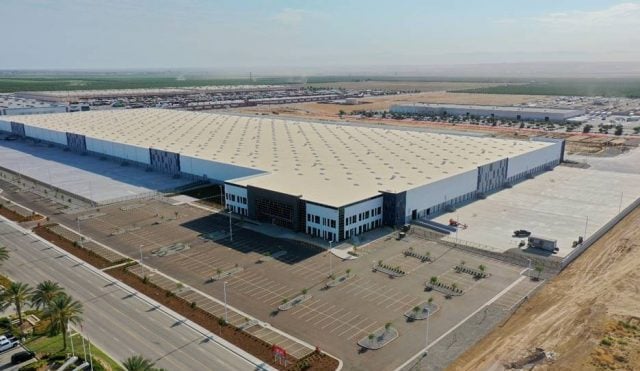SAN DIEGO—Given 'terrible' economic conditions overseas, the US is where investors around the world want to be, economist and leading economic forecaster James Smith, Ph.D., tells GlobeSt.com. Smith will be a keynote speaker at the annual Trigild Lender Conference October 14-16 at Hotel del Coronado here, discussing US and global economies. We caught up with him for an exclusive look at what he sees as the key global issues affecting the commercial real estate industry. Register and learn more about panels and speakers at the Trigild Lender Conference at www.trigild.com.
GlobeSt.com: In a nutshell, where do you think the global economy is heading?
Smith: The global economy is in terrible condition, comparable to 1973 to 1975, 1997 to 1998, 2001 after 9/11 or 2008. The Euro Zone saw its real GDP peak in the first quarter of 2008 and has so far not come close to regaining that level. The Greek crises that recur often don't help, but Italy, France, Cyprus and Portugal have major difficulties as well. Canada has entered a recession, mostly due to the decline in oil prices and a drop in business fixed investment related to that. Brazil, Argentina and Venezuela all are on the verge of collapse and they account for the bulk of real GDP in South America.
The Chinese economy is slowing dramatically. Its labor force has been shrinking for five years now. Japan is doomed by debt and demographics; its population has been declining for five years, and it will have deflation and a shrinking GDP for many years. Africa and the Middle East remain in turmoil with declining real GDP, and Australia, the only developed country to avoid any recession at all over the past 28 years, is experiencing slow real GDP growth due to declining commodity prices.
GlobeSt.com: What will be the key global issues affecting the commercial real estate industry?
Smith: US short-term interest rates will rise, but that won't have much impact on commercial real estate. Because of the trends described above for the rest of the world, the US is where investors around the world want to be. This will keep long-term interest rates ridiculously low, which is what matters to commercial real estate investors.
GlobeSt.com: What is the best way for the industry to plan ahead and ride out the inevitable economic downturns of its cycle?
Smith: The best way for the industry to plan ahead is to conduct scenario analyses (base case, higher-growth and lower-growth alternatives). Industry participants are well advised to look at their own corporate or individual history and see how they have performed in the past. A good place to start is to see how they survived the tumultuous period of 1979 to 1991. That had to be the wildest environment for commercial real estate since the 19th Century. Usually, the shape of the Treasury yield curve is the most important economic indicator for commercial real estate, but not for all asset classes all the time.
GlobeSt.com:What else should our readers know about the global economy and commercial real estate?
Smith: Your readers need to be aware of what makes one area more or less competitive with others. There is no substitute for good supply-and-demand analysis. Texas was a “basket-case” economy in 1986 to 1989, and just look at the growth since then. Florida also has gone from “bust” to be the second-fastest-growing state economy among large states. California, Illinois and New York lose ground every day. Taxes and government attitudes do matter.
Furthermore, the interest of foreign investors in US real estate investment has never been higher than it is today (and it will grow more for the foreseeable future). While US real GDP growth is the weakest for any comparable time period since 1873 to 1899, it is still far ahead of almost every other country in the world. Our employment and income growth increase demand for apartments, single-family homes, office space, retail space, industrial warehouses and more.
© Touchpoint Markets, All Rights Reserved. Request academic re-use from www.copyright.com. All other uses, submit a request to [email protected]. For more inforrmation visit Asset & Logo Licensing.






